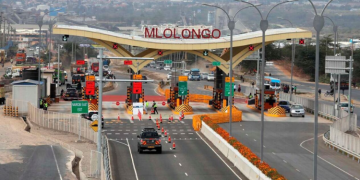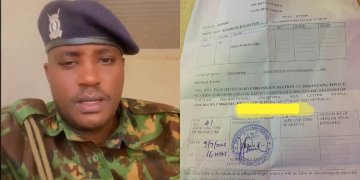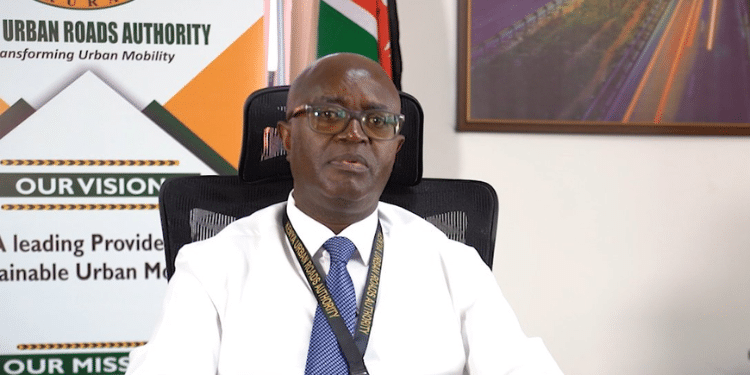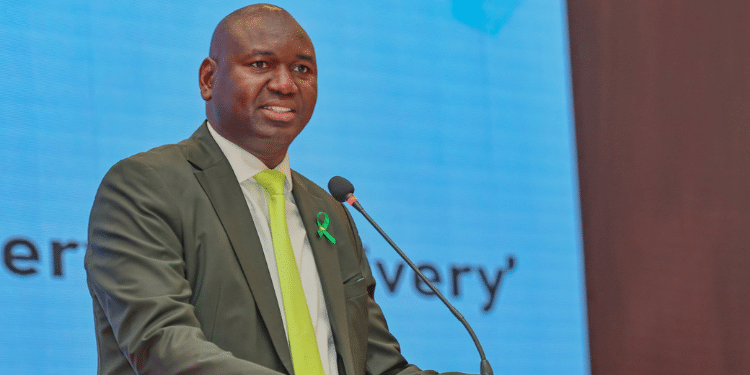The government has spoken on reports that some refugees will be granted voting rights in the next general election.
Immigration PS Julius Bitok has denied claims that Shirika Plan will give Kakuma and Daadab refugees voting rights in the 2027 August elections.
The Shirika Plan is the government’s pioneering innovative approach for the Refugee management in Kenya and is aimed at transforming the refugee camps into integrated settlements supporting the socioeconomic inclusion of refugees and hosting communities in Garissa, Turkana, and urban areas.
At the same time, PS Bitok assured Members of Parliament (MPs) that an integration plan does not extend to grant of citizenship status to refugees residing in Kakuma and Daadab camps in Turkana and Garissa counties.

Shirika Plan
The PS highlighted that the government is in the process of mobilizing the necessary resources to implement the Shirika Plan, with phase one of the four-year project estimated to cost $943 million (Ksh115.6 billion).
He added that the plan will be a collaborative effort, involving the Kenyan government, county governments, the United Nations (UN), and the United Nations High Commissioner for Refugees (UNHCR), among other key partners.
Also Read: Inside New Govt Plan to Resettle 700,000 Refugees
“This money will come from different partners and donors, including governments and the private sector,” he said.
“It will be channeled not only through the government but also through international NGOs, county governments, ministries, and departments such as the Ministry of Lands.”
Under the Shirika Plan, refugees will be integrated into municipalities within the host communities, allowing for a more inclusive approach to resettlement.
Host communities will also benefit from improved socio-economic investments, including the development of schools, healthcare facilities, roads, and modern markets,
Key organisations working with Kenya’s vast refugee community have in the past advocated for refugees to elect leaders based on where they live now, rather than where they came from.
They argued that this would reduce ethnic tension and would fall in line with the general approach to elections in Kenya.
Also Read: UK Plan to Deport Refugees to Rwanda Faces Setback
Refugees in Kenya
As of February 2024, Kenya hosts over 744,747 refugees and asylum-seekers from over 20 countries.
279,452 are residing in Kakuma Refugee Camp and Kalobeyei Integrated Settlement, 364,432 in Dadaab Refugee Camps and 100,863 are living in urban areas with 86 percent of refugees living in camps.
Out of the total number of individuals across various countries, Somalia leads the list with 415,761 people. South Sudan follows closely with 175,510, while the Democratic Republic of Congo (DRC) has 59,392.
Ethiopia hosts 38,207 refugees, and Burundi contributes 31,912. Sudan reports 12,468 individuals, with Uganda and Eritrea having 3,813 and 3,495 refugees, respectively. Rwanda has 2,922 refugees, and other countries account for 1,267.
Follow our WhatsApp Channel and join our WhatsApp Group for real-time news updates.










































































